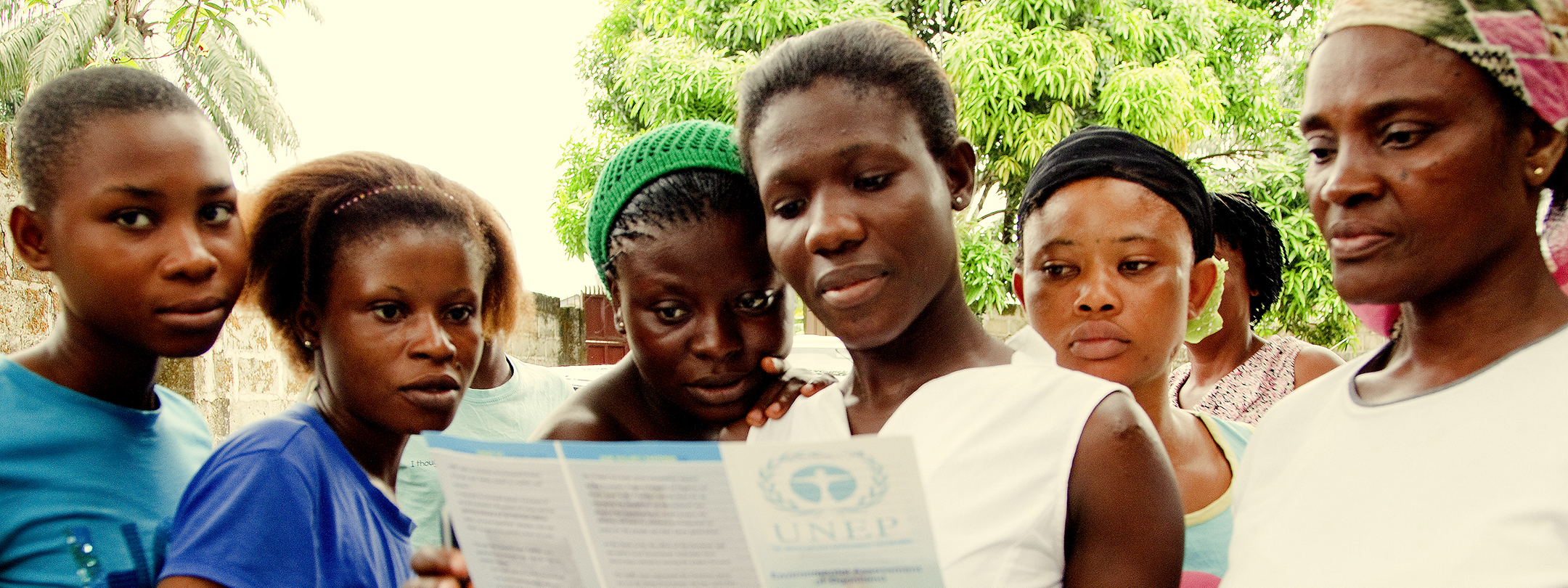Environmental Decision-Making within a Recovering War Zone: The Republic of Iraq (chapter in "Global Case Studies of Collaboration and Transformation")
Publisher: Taylor & Francis Group
Author(s): Mohammed A. Kalkhan
Date: 2019
Topics: Economic Recovery, Governance, Monitoring and Evaluation, Programming, Renewable Resources, Weapons, Waste, and Pollution
Countries: Iraq
Iraq faces numerous environmental problems including severe pollution, intertwined with a host of other issues, principally because of decades of war, international sanctions, and general mismanagement by the Saddam Hussein regime. Environmental priorities for postwar Iraq are restoring water and sanitation systems, cleaning up possible pollution hot spots and waste sites, and providing information to residents on minimizing the risk of exposure to depleted uranium, which was used by coalition forces in its ordnance. Iraq has a tremendous peace-building capacity, and its people are now striving for redevelopment after years of war. Iraq is a resource-rich country, but years of war and conflict have hindered sustainable development of agriculture, water resources, mining, energy, and tourism, as well as health and education systems. In 2015, while Iraq was recovering from the environmental impacts of both Gulf wars, it faced a new socio-environmental threat caused by internal conflicts with the Islamic State.
